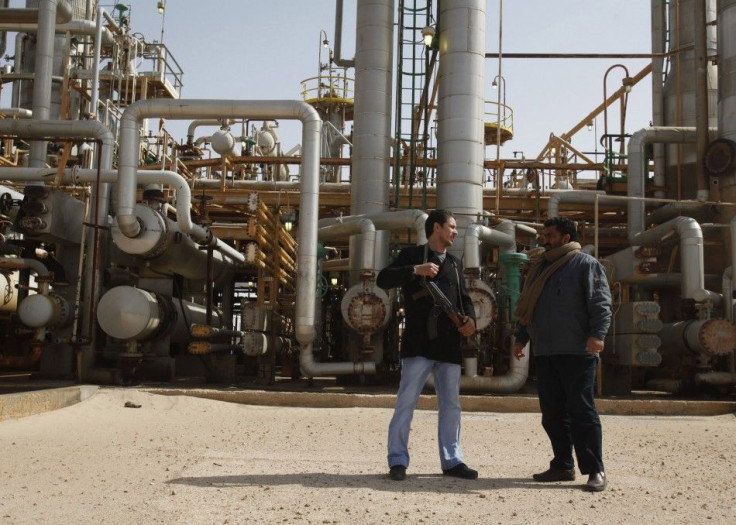Libyan oil assets will suffer damage in political end-game: analyst
Post-conflict Libya will face tough task of restoring and managing oil assets

Crude output in Libya has fallen to levels significantly below its normal 1.65 million barrels per day (bpd) output, and well below its 1.47 million bpd OPEC production quota in the aftermath of violent anti-government protests, according to a senior energy analyst at IHS Global Insight.
IHS Senior Middle East Energy analyst Samuel Ciszuk wrote in a note that local resistance movements led by tribal leadership and oil workers are active in protecting the oil assets of the country but oil installations could suffer serious damage as political crisis worsens.
“With Libya continuing to be split between relatively unorganised liberated areas and those still controlled by leader, Muammar al-Qadhafi's regime, fears that a climactic end-battle still might cause more material damage to facilities cannot be ruled out, although the regime's ability to launch a counter-offensive seems to be weakening by the hour,” Ciszuk wrote in a note on Tuesday .
However, he said there have been strong local moves to protect the oil assets. Correspondents visiting remote oilfields in Libya's Sirte Basin, where much of its crude production capacity is located, are encountering ongoing operations, as well as tribal or worker committee-led security teams, which, often led by former security and military personnel, uphold a perimeter defense around the installations, he wrote.
The analyst says that the battle for the control of significant oil assets in the country will likely intensify in the course of time. He says control over oil assets will be instrumental in deciding the political landscape in the post-conflict scenario.
In the long run, control over Libya's oil installations is bound to give any group the upper hand in Libya's political situation... he says.
Even as forces loyal to Muammar Gaddafi have intensified the battle for key cities with oil installations, Ciszuk feels that the international community looks bent on making sure that the embattled ruler and his coterie won’t have much say in a post-conflict dispensation.
That does, however, still not mean that serious damage, which could take years to repair, could not be inflicted before the regime is either permanently contained, or more likely, disposed of by the opposition, he warns.
And, once the conflict ends, the challenges for Libya to repair heavy damage to oil facilities will be significant. If control over the oil and gas industry in Libya ensues between tribes and political groups jostling for power in a post-conflict environment, disruptions are likely to prove long-lived, while liberated Libyans also might struggle, with increasing oil and gas investment attractiveness, to address the vast technology and investment needs that the Qadhafi-led regime has failed to address, he says.
With Libya's oil and gas industry under tribal and local ad hoc opposition control, the question of how to restore a unified hold over the nation's main revenue source in the aftermath of the unrest might also prove difficult.
© Copyright IBTimes 2024. All rights reserved.











